When Santa Fe native and author Phil Shaaf set out on a cycling trip in western Germany, he praised the stunning sights and welcoming locals (including a football team).
Here are his recommendations for exploring Germany by bike.
1. Train…for however long you plan to ride each day, prepare for it. Your legs and lungs need to be in shape, but so does your backside, i.e. your rump needs to to adjust to the amount of riding you plan to do, even if you are on an e-Bike. It’s all about saddle time.
2. Confirm your reservations before you arrive. Also, be sure to ask about the hotel’s ‘Ruhetag,’ or rest day, as the hotel will be closed that day. If you arrive on a Ruhetag, they will put your room key in a lock box and notify you via email or text of the code to access the box.
On a related point, Hotels are not the only establishments that might have a Ruhetag. Many restaurants, especially in small towns, will close on certain days, usually Monday or Tuesday, so don’t be surprised if you reach a town and can’t find a place serving lunch. A good practice is to carry sufficient water and a pretzel or candy bar on every ride.
READ ALSO: Riding the Radweg: A guide to touring Germany by bike
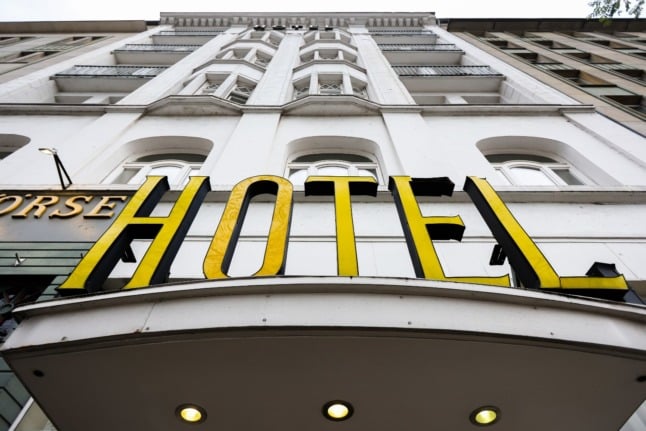
3. Ask your hotel in advance about bike storage. Most places have a good spot to put bikes, but it makes sense to be certain at the time you reserve a room. You might end up storing your bike in a courtyard or hallway, but whatever the hotel recommends should be safe and secure.
4. Have a GPS programme for your route. The signage is generally good, but have a backup directional system in place on your phone and/or watch. Finally, don’t wait until you get to Germany to test out your technology. It’s best to know how everything works before you arrive.
5. Familiarise yourself with the signs used along the “Radweg” (bike path). Oftentimes, people on bikes share the path with those on foot, but there can also be separate trails for cyclists and pedestrians. Germans follow the rules, so you should do the same while riding there.
6. If you think you hear the ring of a bell, you are not imagining it. Someone is alerting you that they intend to pass on the left. The locals won’t overdo it, so it is usually one small ring.
READ ALSO: 13 ways to have fun in Berlin for free
7. Make sure to stop, take pictures and enjoy the scenery, but don’t park your bike on the Radweg, set it aside the path and take all the time you want.
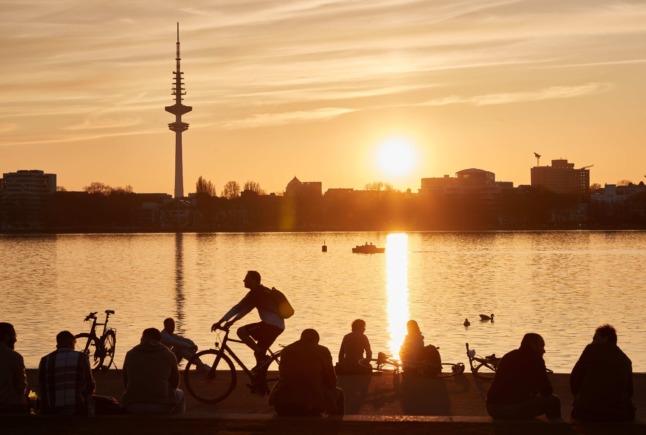
8. “Radler” literally translates to “cyclist,” but it’s also a mixture of beer and lemon-lime soda. Very refreshing, Radlers are an enjoyable beverage on a break or at the end of the day.
9. Most Germans speak English. It does help, however, to know a few words in order to read signs, interpret menus and to connect with the people you meet on your trip. At a minimum, have a translation app handy for those moments when you could use a turn of local phrase.
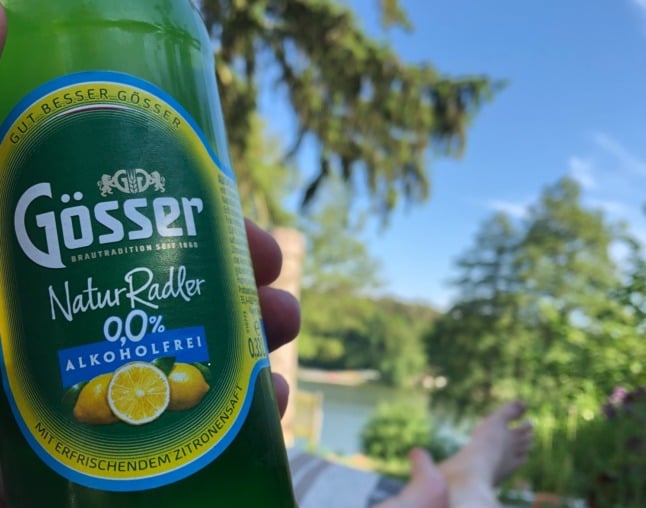
10. Covid: hotels and many eating establishments require a vaccination card, have mask protocols and will ask you to comply with contact-tracing efforts via a QR code or filling out a form with pen and paper upon entry. The best practice, therefore, is to carry your vaccination card with you at all times and to comply with the local rules.
READ ALSO: Holiday like a local: Five of the best camping regions in Germany

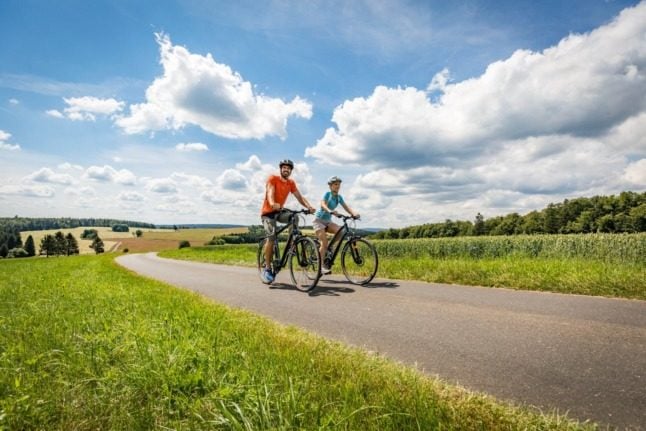
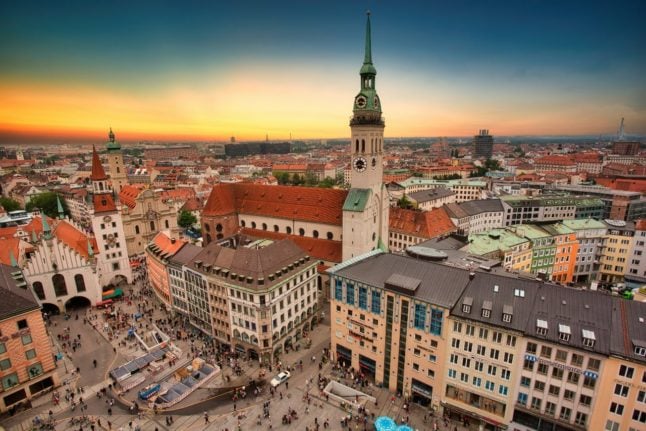

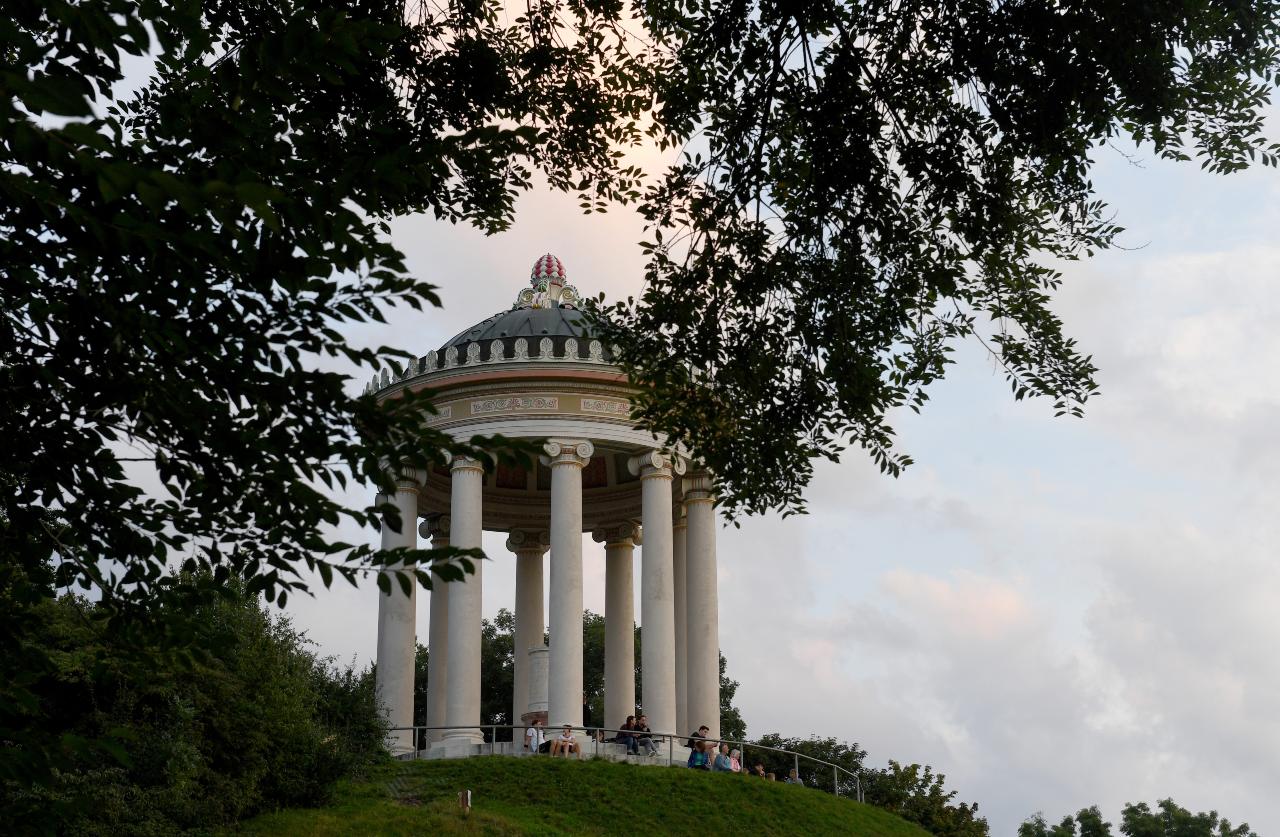
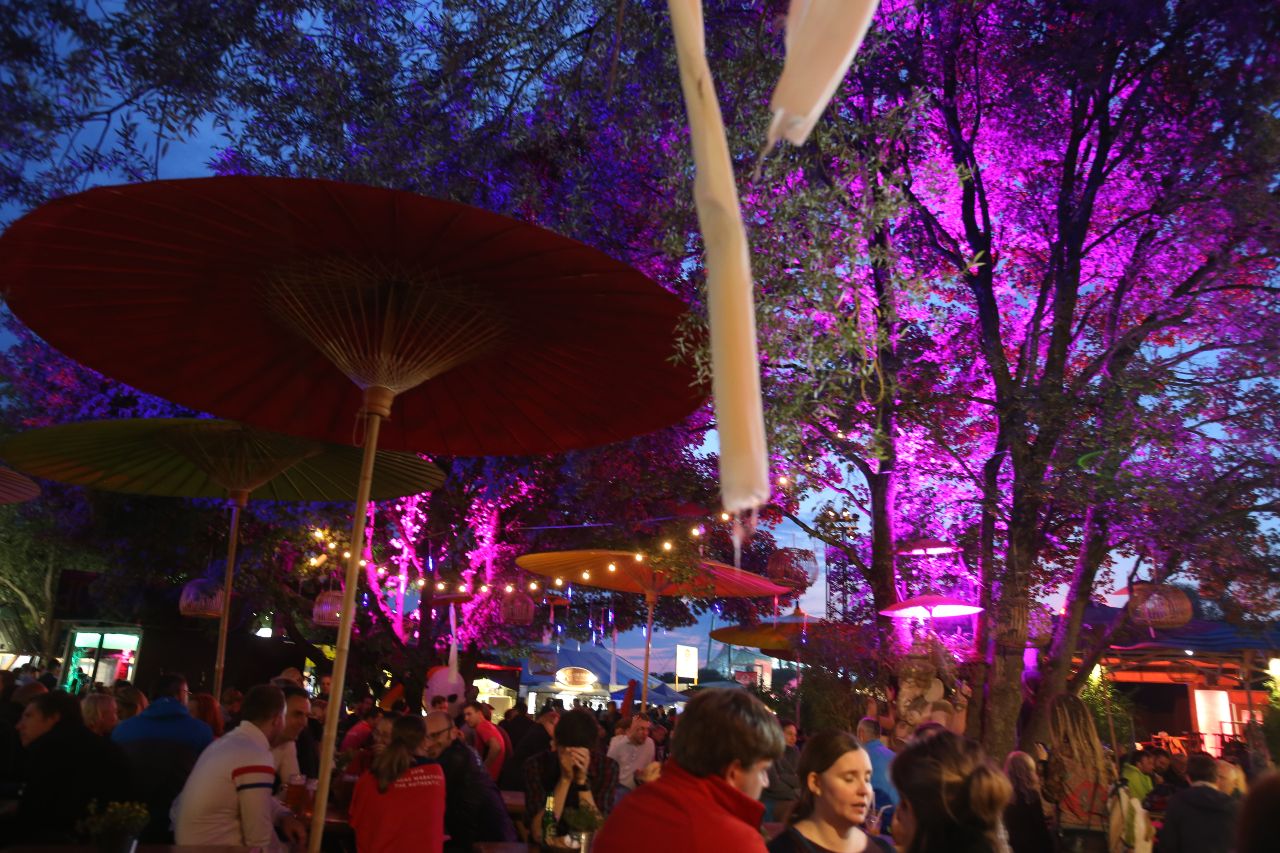
 Please whitelist us to continue reading.
Please whitelist us to continue reading.
Good tips, i’m sure on the “most Germans speak english” comment though. After 3 years i would say for sure ‘most’ don’t.